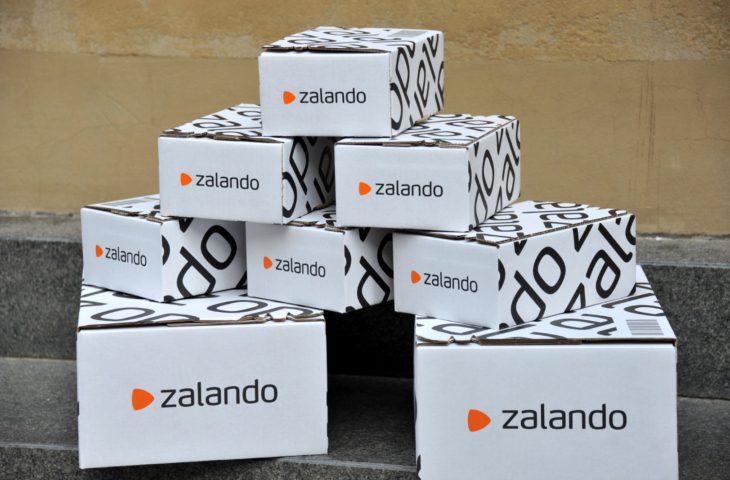Zalando goes to court against European digital legislation
- June 27, 2023
- 0
The German web shop believes that it is unfairly disadvantaged by the European law on digital services. This law was drafted by the EU to control the (too
The German web shop believes that it is unfairly disadvantaged by the European law on digital services. This law was drafted by the EU to control the (too

The German web shop believes that it is unfairly disadvantaged by the European law on digital services. This law was drafted by the EU to control the (too free) playing field of big tech companies.
The Digital Services Act (DSA) represents a first legal stress test, the Financial Times knows. The German company Zalando today filed a lawsuit with the EU court in Luxembourg. The online retailer argues that the European Commission, in its own words, wrongly assesses Zalando as a “particularly large platform”. This gives the company additional obligations to combat disinformation online.
Other big tech players, Google, Amazon and other metas will be watching Zalando’s move closely. Because some of them are considering taking action against the DSA, which should keep the online giants under control. To put it mildly, it is surprising that not a Silicon Valley company but a European player is taking the first legal steps.
The law will officially come into force on August 25 and is part of a larger EU digital law. In addition to the Digital Services Act, Europe has also created a Digital Markets Act. “The DSA was rightly created, but we are surprised that we were identified as a very large online platform along with 18 other companies,” said Robert Gentz, CEO and co-founder of Zalando. “By the way, we are the only European company on the list.”
Zalando mainly sees bad advertising in the listing. “Of course, because as a brand that we are, we don’t want to be put in that category,” Gentz continues. “The companies on the list are labeled as bad actors and suddenly we are one of them. It goes without saying that this is bad for our brand.” In particular, the way the list is compiled is a thorn in Zalando’s side.
Zalando has more than 83 million monthly visitors, however the company says fewer than 31 million visitors buy third-party products. And that number is below the 45 million that the European Commission has proposed to speak of a very large platform. “Everyone else is named on a user basis. We did this based on the number of visitors. That is unequal treatment,” explains Gentz.
The Zalando founder argues that Europe misinterpreted the hybrid model. The DSA focuses on intermediaries (like Zalando) to better verify the safety and authenticity of items sold online. Last week, Gentz met EU law enforcement commissioner Thierry Breton. Together they discussed Zalando’s responsibilities with regard to the DSA.
Breton visited Silicon Valley last week, where he oversaw a “voluntary stress test” of the rules at Twitter headquarters. “Technology has tested our society. Now it’s time to turn the tables,” Breton said at the time. The EU Commission has not yet commented on Zalando’s legal action.
Source: IT Daily
As an experienced journalist and author, Mary has been reporting on the latest news and trends for over 5 years. With a passion for uncovering the stories behind the headlines, Mary has earned a reputation as a trusted voice in the world of journalism. Her writing style is insightful, engaging and thought-provoking, as she takes a deep dive into the most pressing issues of our time.